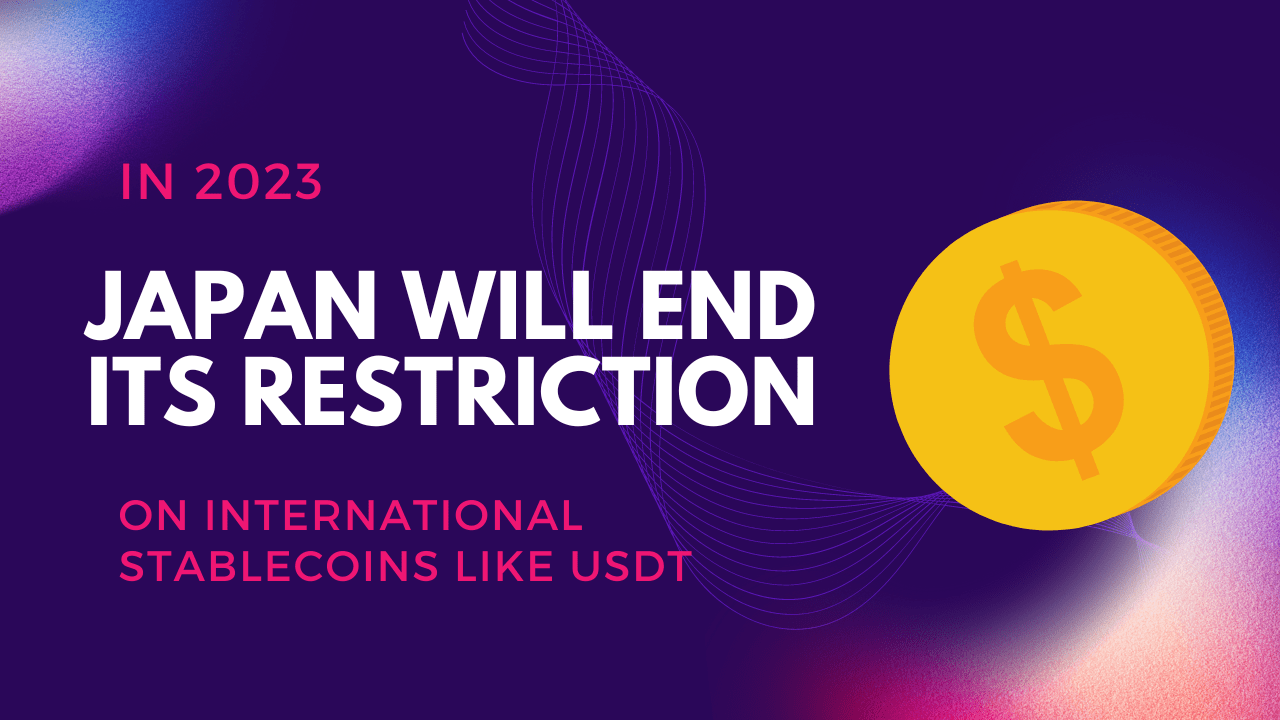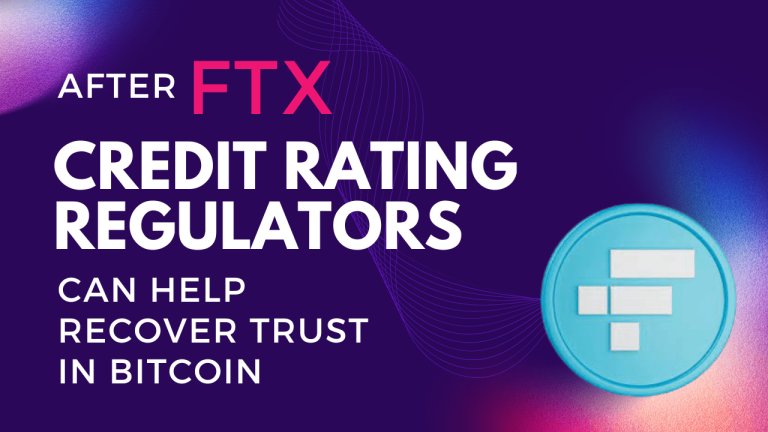In 2023, Japan will end its restriction on international stablecoins like USDT, according to a report
Stablecoin trading in stablecoins like USDT or USDC is not presently available on any of the 31 cryptocurrency exchanges listed with the Financial Services Agency of Japan.
Some significant cryptocurrency regulations relating to the use of stablecoins are being reviewed by Japanese officials.
According to the local news outlet Nikkei, Japan’s Financial Services Agency (FSA) will end its ban on the domestic circulation of foreign-issued stablecoins in 2023.
Local exchanges will be permitted to conduct stablecoin trade by the new stablecoin legislation in Japan, provided that assets are safeguarded through deposits and there is a limited remittance amount. If stablecoin payment develops, international transfers may become speedier and more affordable, the research cautions.
According to the FSA, further laws regarding anti-money laundering measures will be necessary to permit stablecoin distribution in Japan. The government started soliciting feedback on Monday regarding suggestions for loosening the stablecoin limit in Japan. As previously reported, the Japanese government enacted a measure in June 2022 that forbids non-banking institutions from issuing stablecoins.
Since there are presently no local exchanges in Japan that enable trading in stablecoins like USDT or USDC, the most recent legislation will have a significant impact on the services offered for cryptocurrency trading.
The UK needs “careful regulation” in the wake of the FTX crash.
As institutions from the public and business sectors clamor for more regulation, the United Kingdom is learning its lesson from FTX’s demise.
Public and commercial sector entities in the UK are viewing the collapse of FTX as a cautionary tale and a forerunner for more cautious regulation.
Before the Christmas break, Bank of England deputy governor Sir Jon Cunliffe made news by expressing his belief that British investors wanting exposure to the cryptocurrency markets desire more security in an interview with Sky News.
The deputy’s head cited growing retail users and major bank activity in the crypto market as a reason why the nation needs more robust regulation:
“We had banks, investment funds, and other parties interested in investing in it, therefore I believe regulation should be considered before it is connected with the financial system and before it poses a systemic risk”.
Cunliffe also used the collapse of FTX as an illustration of how current regulatory standards governing the traditional banking sector might have offered protection to users who were left holding the bag:
“We saw issues such as client money seemingly disappearing, conflicts of interest involving several activities, transparency, audit, and accounting”.
According to Michigan, the failure of FTX shows the value of “prudent regulation.” He continued by saying that knowledgeable regulators in the US and the UK are making it very obvious what constitutes “off-shore. What qualifies as real blockchain technology solutions that assist the digitization of assets, money, and commerce includes both legitimate and fraudulent” enterprises like FTX.
With three different Prime Ministers assuming office in the United Kingdom within a short period, 2022 has been a turbulent year for British politics. Michigan claimed that despite the “political economic upheaval,” parliament is still working to adopt the Financial Markets and Services law, which would classify crypto assets as financial instruments.
FAQS:
How is USDT kept up?
In contrast to cryptocurrencies like Bitcoin, the mining process does not result in the creation of a new USDC. Instead, people and companies who deposit United States government-backed currency into their Circle accounts create fresh USDC tokens.
Is there a future for USDT?
Your Tether price prediction input indicates that by 2025, the value of USDT could rise by +5% and reach $ 1.1574798.







